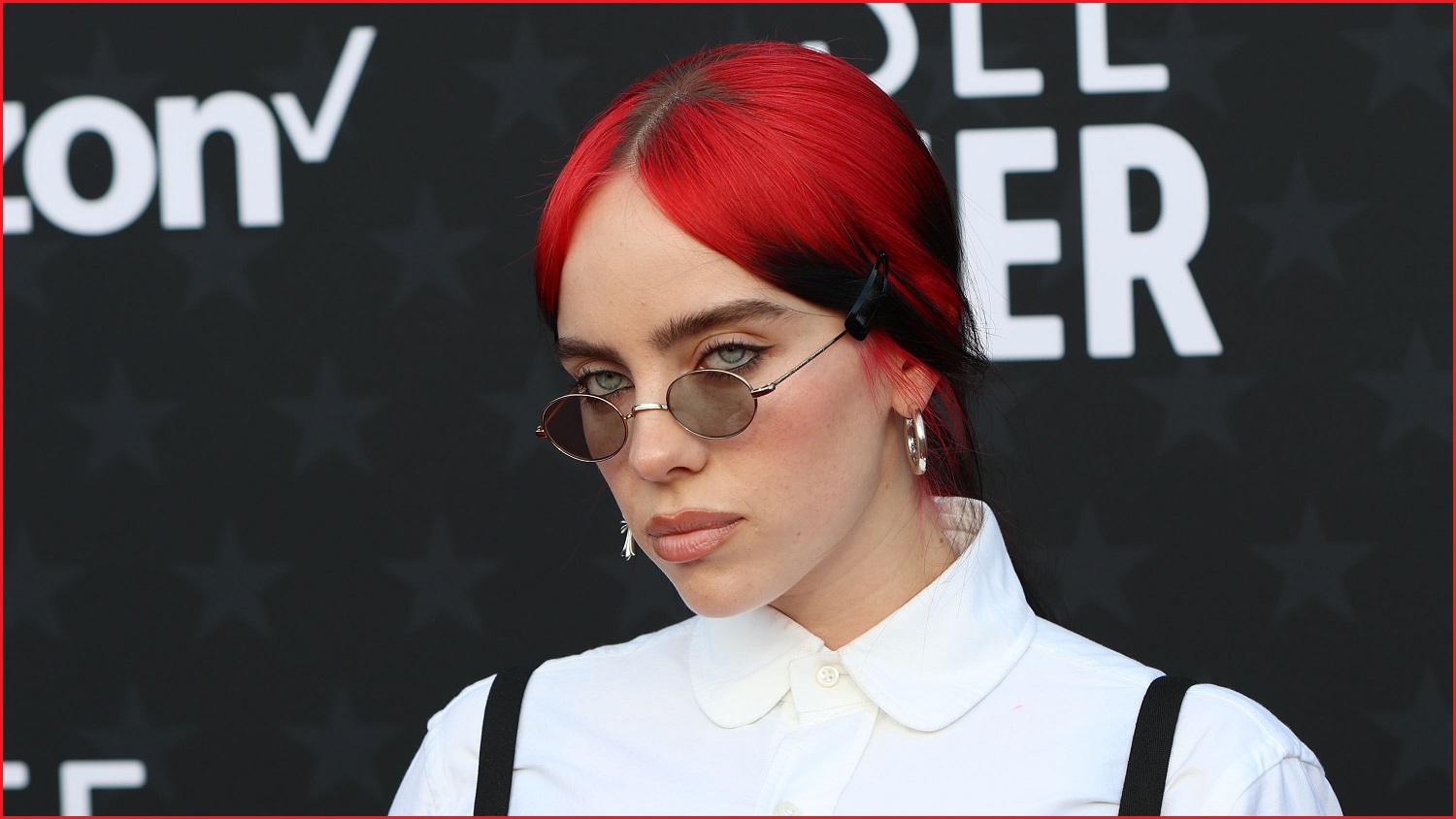Billie Eilish is one of nearly 250 prominent musicians who have called for tech and music outfits to stop misusing artificial intelligence, claiming the technology is being used to devalue music, infringe upon the rights of artists, and is an “assault on human creativity”.
In an open letter penned under the Artist Rights Alliance (ARA) notable musicians like Eilish, Stevie Wonder, Pearl Jam and Nicki Minaj called on AI developers, technology companies and digital music services to “cease the use of AI to infringe upon and devalue the rights of human artists”.
“Unfortunately, some platforms and developers are employing Al to sabotage creativity and undermine artists, songwriters, musicians and rightsholders,” reads the letter.
Representing the most significant action the music industry has taken against misuse of AI, ARA called on industry and AI outfits to outright abstain from developing or deploying AI music-generation technology, content or tools which “undermine or replace” human artistry.
Since ChatGPT propelled AI into the zeitgeist, artists have been worried over potential plagiarism and how AI models may offhandedly use artistic works without appropriately attributing or compensating their owners.
For example, popular image-generation tool Midjourney has been found capable of producing plagiaristic outputs based on copyright materials – including uncanny depictions of The Simpsons and The Avengers – while visual artists en-masse have criticised the tool for being trained from copyright sources without adequate attribution.
The music industry has had similar qualms with AI – last year, heavy-hitter musicians Drake and the Weeknd had their voices replicated without consent. More recently, social media has lit up with disputes over whether training generative AI on copyright music is ‘fair use’.
Marzi, a producer at Australian-run not-for-profit broadcasting organisation Syn Media, told Information Age that AI currently poses a “massive threat” to the livelihood of all creatives.
“Many musicians rely on income from writing credits and royalties,” said Marzi.
“While most facets of music are far from being replicable by the current level of AI we have, that gap has rapidly and exponentially closed over the past few years.
“The potential disruption to our framework over the next few months will see many workers in this industry with even less access to sustainable work than is already the case – not just musicians, but large swaths of the workforce responsible for maintaining the music economy.”
AI threatens to decimate the music industry
Though the ARA’s letter doesn’t explicitly name-and-shame any particular organisation, it claims industry outfits are, without permission, using artists’ work to train AI models.
“These efforts are directly aimed at replacing the work of human artists with massive quantities of Al-created ‘sounds’ and ‘images’ that substantially dilute the royalty pools that are paid out to artists,” wrote ARA.
“For many working musicians, artists and songwriters who are just trying to make ends meet, this would be catastrophic.”
Marzi, who also makes music under the moniker ‘Boy Cursed’, said he was particularly concerned for smaller musicians – many of who are “taking on multiple jobs” just to stay afloat.
“The streams of income – songwriting for labels and larger artists, providing works to be sampled and interpolated by producers, sessional recording, syncing music for screen and venues – all run the risk of being made obsolete by the progression of AI and its corporate usage, under its current interpretation and the laws that reflect it,” said Marzi.
“I unequivocally agree with both the statement and sentiment of the ARA petition. As a musician, as a radio presenter, as a creative in general, as a human.”
While AI is also being used to help musicians in the creative process – including lyric writing and beat creation – ARA expresses far more disdain than it does praise, stating unchecked AI could set in motion “a race to the bottom” when it comes to fair compensation.
“Make no mistake: we believe that, when used responsibly, Al has enormous potential to advance human creativity and in a manner that enables the development and growth of new and exciting experiences for music fans everywhere,” wrote the ARA.
“When used irresponsibly, Al poses enormous threats to our ability to protect our privacy, our identities, our music and our livelihoods.”
Last year in Hollywood, similar collective action saw droves of writers and actors strike against AI replacement and engage in negotiations with the likes of Netflix, Amazon and Sony.
After 148 days of protest, labour union the Writers Guild of America secured a range of agreements and protective measures regarding residuals, staffing arrangements and the use of AI in writing scripts.









